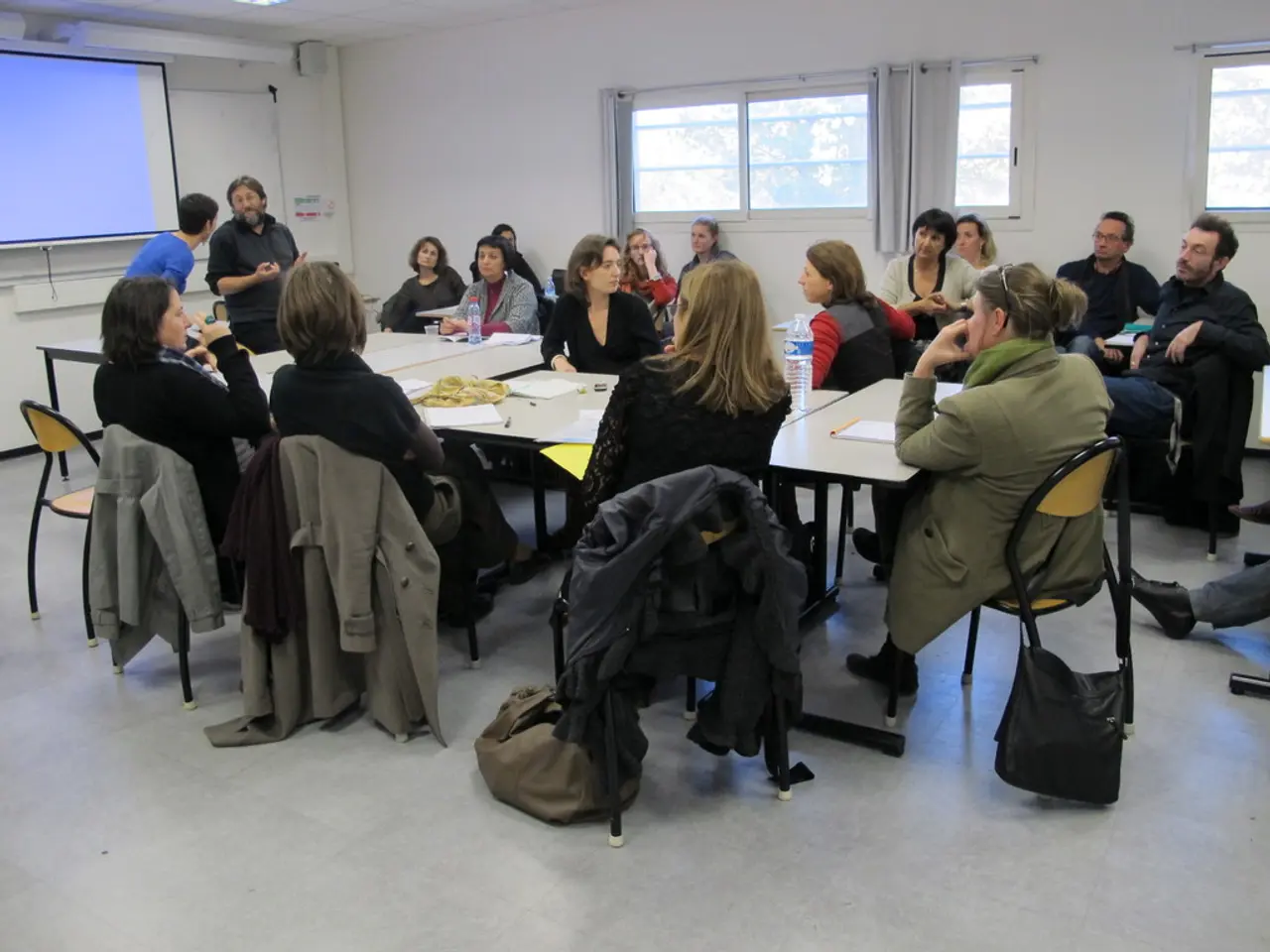Strategies for Cultivating Friendships in the Era of COVID-19
Staying Connected During the Pandemic: Navigating Friendships in Challenging Times
The COVID-19 pandemic has significantly impacted our lives, and one of the areas that have been affected is our social connections. According to recent data, loneliness has increased, with 40% of Medicare enrollees reporting feelings of disconnection from family and friends in November 2021.
Social activities that once brought us together, such as trivia nights at local bars and co-ed soccer matches, have been canceled or postponed. This shift has left many of us yearning for the companionship we once took for granted.
However, all hope is not lost. Lena Suarez-Angelino, a bilingual licensed clinical social worker and intuitive empowerment coach, suggests that we should respect boundaries and remain flexible when making new friends. She emphasises the importance of understanding that everyone is going through their own unique challenges and may need space.
Online platforms like Meetup.com and Facebook groups offer opportunities to meet new people with similar interests. These platforms provide virtual meeting spaces for people through forums, webinars, specialized groups (e.g., for Long COVID or specific health conditions), and virtual events such as workshops and discussions. These spaces enable social exchange and community support, making it possible to connect with others despite the physical distancing.
Matt Glowiak, a licensed clinical professional counselor, suggests considering reconnecting with old friends, despite any reservations. He explains that lost touch with old friends doesn't necessarily mean they're upset with you. He encourages us to reach out, even if it's just a casual message, to rekindle those relationships.
It's important to remember that it's okay to have different kinds of friends for different settings, like work friends and hobby friends. Knowing you have a community to help support you during difficult times can help you get through.
Changing the context of connection, such as chatting about a shared interest or inviting someone for a walk, can help turn acquaintanceships into friendships. The pandemic might be a good time to make friends because many people are starved for connection.
Friendships, whether in-person or online, take time to grow and require patience. However, they have a genuine impact on mental and physical health, and can help build resilience.
Loneliness is linked to an increase in mental health conditions such as depression, anxiety, low self-esteem, sleep disturbances, and stress. If you're managing loneliness, anxiety, depression, or having trouble making new friends, consider reaching out to a therapist for advice. Attending support groups, whether live or online, can make a substantial difference for those struggling emotionally or with other aspects of mental health.
People have been under a tremendous amount of stress due to various factors including financial struggles, career setbacks, health complications, and loss of loved ones. In such challenging times, it's crucial to remember the importance of close personal connections, including friendships, for our overall well-being and happiness. Spending time together has become infinitely more complicated due to social distancing, work-from-home, and stay-at-home orders. But with patience, understanding, and a little creativity, we can navigate these challenges and maintain the connections that keep us going.








